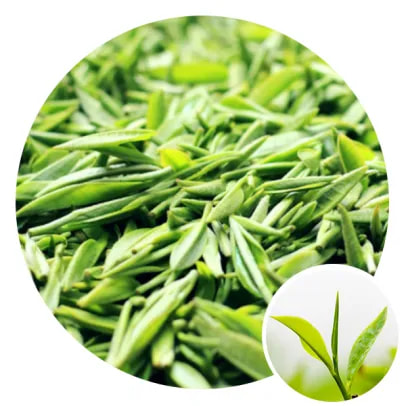Is there caffeine in green tea extract?
Is there caffeine in green tea extract?
Yes, green tea extract does contain caffeine. Caffeine, a natural stimulant found in various plants, is abundantly present in green tea, albeit in smaller amounts compared to coffee. The caffeine content in green tea extract can vary depending on factors such as the type of tea leaves used and the brewing process.
Understanding Caffeine in Green Tea Extract
Caffeine is one of the most widely consumed psychoactive substances globally, known for its stimulating effects on the central nervous system. When consumed, it can enhance alertness, focus, and energy levels. While coffee is often the go-to source for caffeine, green tea also contains this compound, albeit in lower concentrations.
The Science Behind Caffeine Content
The caffeine content in green tea extract can range from 20 to 45 milligrams per 8-ounce cup, compared to approximately 95 milligrams in an equivalent serving of coffee. This disparity is due to variations in tea plant cultivars, growing conditions, and processing methods. Younger tea leaves typically contain higher levels of caffeine than older leaves. Additionally, factors such as brewing temperature and duration can influence caffeine extraction during tea preparation.
Implications and Considerations
Despite containing caffeine, green tea offers unique health benefits attributed to its rich antioxidant content, particularly catechins. These compounds have been linked to various health-promoting effects, including improved heart health, enhanced metabolism, and reduced risk of chronic diseases. Moreover, the moderate caffeine content in green tea may provide a gentler energy boost compared to coffee, making it a popular choice for individuals seeking a milder stimulant.
Conclusion
In conclusion, green tea extract does contain caffeine, although in lesser amounts compared to coffee. The caffeine content varies depending on factors such as tea type, processing, and brewing method. Understanding the caffeine content in green tea is essential for individuals monitoring their caffeine intake or seeking alternative sources of stimulation. Moreover, while caffeine contributes to green tea's stimulating effects, its overall health benefits are attributed to a diverse array of bioactive compounds present in the tea leaves. As such, incorporating green tea into a balanced diet can offer both enjoyment and potential health advantages.



